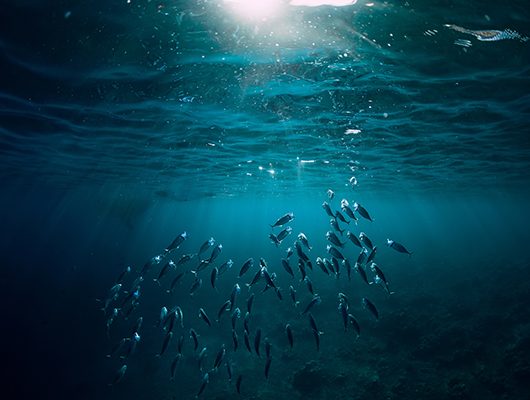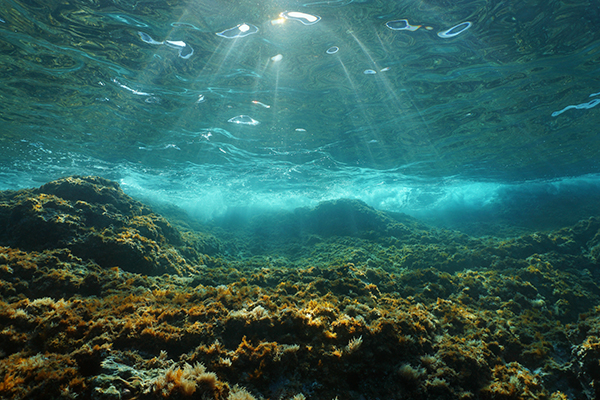In a world increasingly aware of environmental challenges, the blue economy emerges as a revolutionary paradigm, offering a vision that seeks not only financial progress, but also the preservation of our precious oceans. In this article, we will explore in depth the essence of the blue economy, its fundamental pillars and the opportunities it presents for a more sustainable and equitable future.
Defining the blue economy
It represents an economic development model that focuses on the sustainable use of ocean resources to stimulate monetary growth, improve human well-being and safeguard the health of marine ecosystems. This approach encompasses a wide range of market activities, from sustainable fisheries and aquaculture to marine renewable energy, eco-tourism and marine biotechnology. The main purpose of this model is to balance the exploitation of marine resources with their conservation, ensuring that economic activities do not compromise the ability of the oceans to continue to provide their valuable resources.
Fundamental principles for ocean sustainability
Sustainability is the fundamental principle, promoting the responsible and efficient use of marine resources to ensure their long-term availability. This includes the practice of sustainable fishing, the protection of marine habitats and the reduction of pollution. Another essential pillar is innovation, which drives the development and adoption of advanced technologies for more efficient and less damaging exploitation of ocean resources.
Marine biotechnology and renewable energies are prime examples of areas where innovation plays a crucial role. In addition, the blue economy focuses on social inclusion, improving the well-being of coastal communities through new economic opportunities and ensuring an equitable distribution of benefits. International collaboration is also essential, as the oceans do not respect political boundaries and their sustainable management requires cooperation between countries to address challenges such as overfishing and marine pollution.

Environmental impact of the blue economy
The implementation of this strategy has several positive consequences for the environment. By promoting sustainable practices, it contributes to the protection and restoration of critical habitats, such as coral reefs and mangroves. It also considers measures to properly manage plastic waste and other pollutants, resulting in cleaner and healthier oceans, which are vital for marine biodiversity.
Activities such as marine renewable energy help mitigate climate change by reducing greenhouse gas emissions, contributing to global climate regulation. In addition, implementing responsible fishing practices and establishing marine protected areas supports the conservation of diverse marine species and the overall health of ocean ecosystems.
Economic benefits
The blue economy has not only environmental benefits, but also important economic and social impacts. It generates employment and stimulates monetary growth, especially in coastal communities that depend on marine resources.
Challenges and opportunities
Despite its benefits, the implementation of the blue economy faces significant challenges. Ocean governance requires strong international cooperation, and addressing pollution and the effects of climate change is crucial. However, the opportunities are vast, and with the right public policy backing, investment in research and development, and strong international collaboration, it is possible to turn the blue economy into a tangible reality that benefits both the environment and the global economy.
The blue economy represents a bold and necessary vision for a sustainable future. By harnessing marine resources responsibly and equitably, we can drive financial growth, protect the environment and improve social well-being. It is essential that governments, businesses and communities work together to turn this vision into a lasting, win-win reality.
Study with us
In a world where sustainability has become imperative, environmental management and auditing emerge as indispensable tools to ensure the viability of projects and businesses in the context of the blue economy. By studying our Master in Environmental Management and Audits, students will be equipped with the necessary skills to address contemporary environmental challenges and promote responsible business practices.
This program not only provides expertise in environmental impact assessment and management, but also encourages innovation and the adoption of sustainable technologies. Through a combination of theory and practice, students will learn to develop effective strategies for the conservation of marine resources while ensuring profitability.
Sources:
¿Qué es la economía azul y por qué es tan importante?
¿Qué es la economía azul y cuáles son sus características? Lo que el mar ofrece

